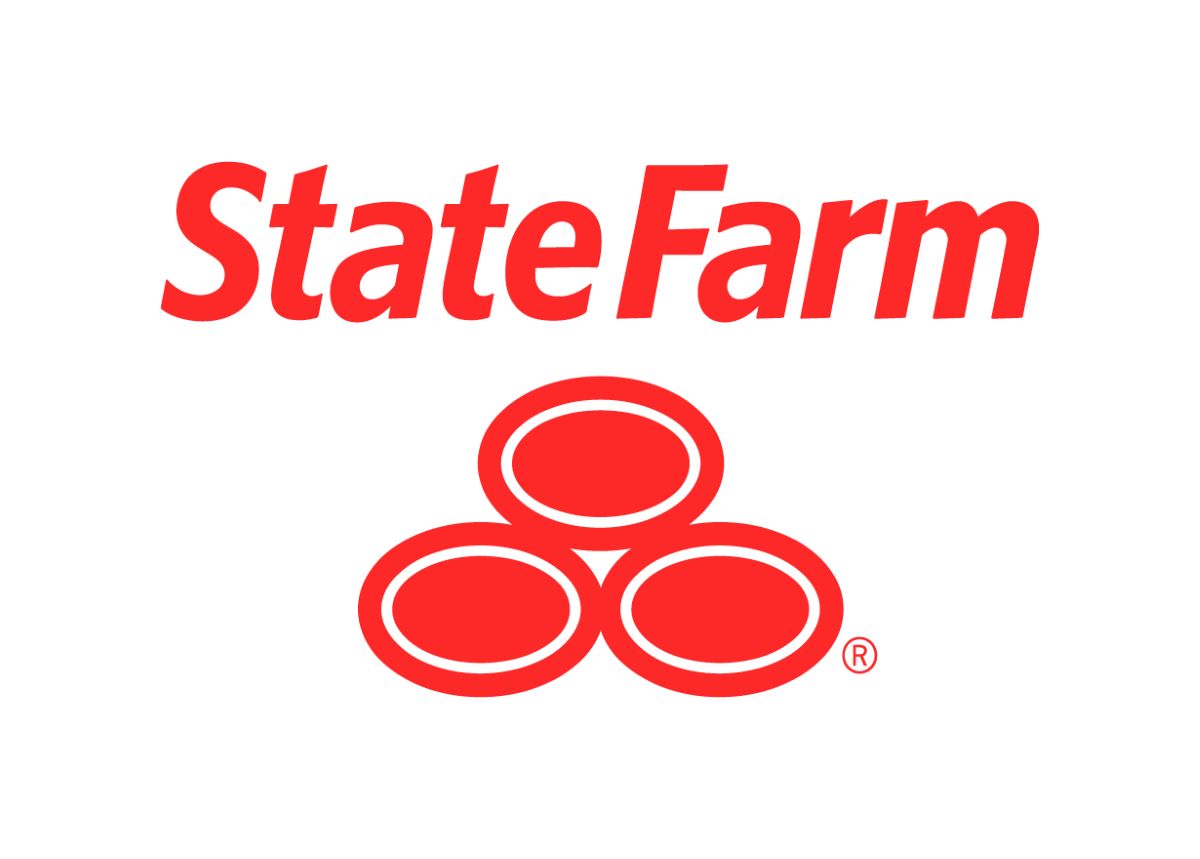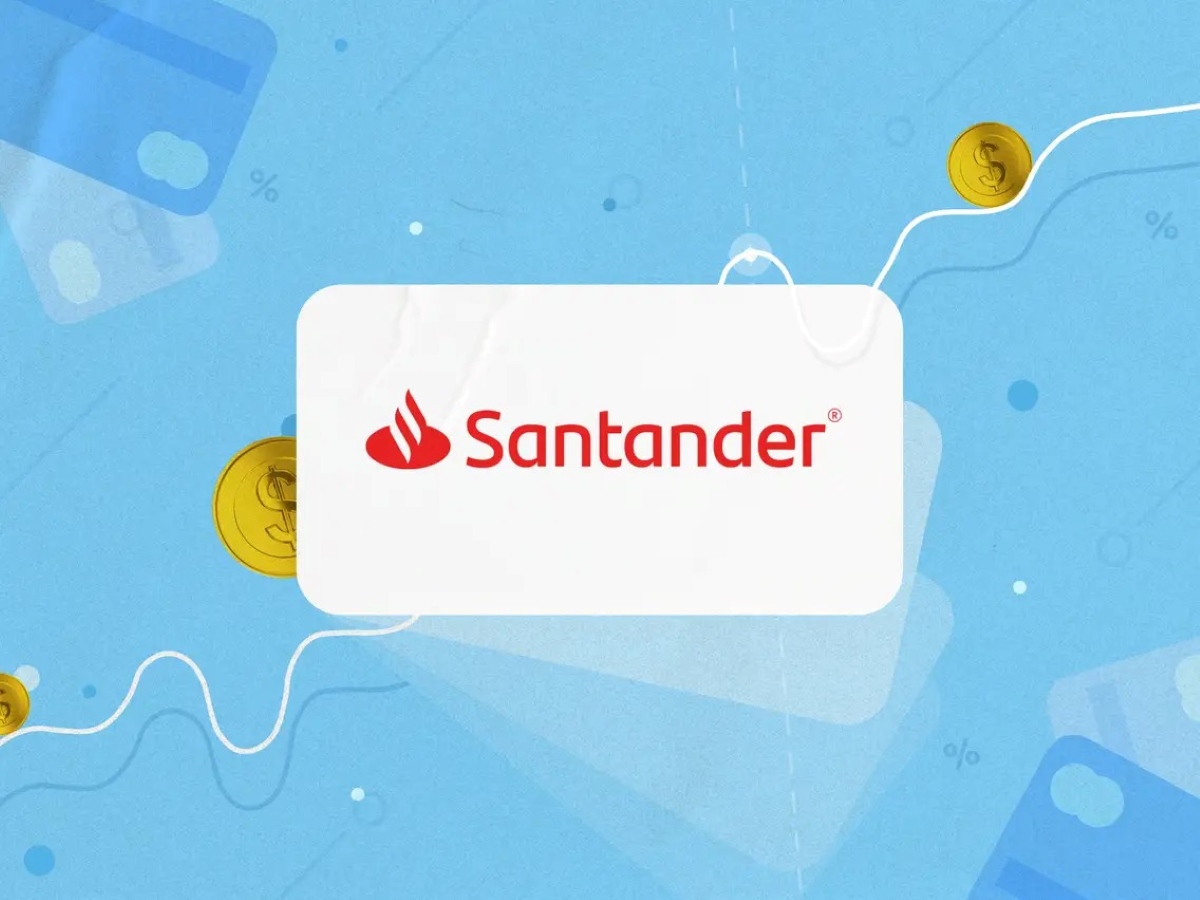

Finance
What Is Cobra Non-Payment Grace Period?
Published: February 19, 2024
Learn about the Cobra non-payment grace period and its impact on your finances. Understand the implications and how to navigate this aspect of insurance and finance.
(Many of the links in this article redirect to a specific reviewed product. Your purchase of these products through affiliate links helps to generate commission for LiveWell, at no extra cost. Learn more)
Table of Contents
Introduction
Understanding the intricacies of COBRA (Consolidated Omnibus Budget Reconciliation Act) can be vital for individuals navigating through transitional periods in their employment and healthcare coverage. One essential aspect of COBRA is the non-payment grace period, which offers a crucial buffer for individuals to ensure continuous health coverage during challenging financial times. This grace period serves as a safety net, providing individuals with a window of opportunity to address payment issues without immediately losing their COBRA coverage.
Navigating the complexities of health insurance can be overwhelming, especially during times of job loss or transition. The COBRA non-payment grace period offers a lifeline, allowing individuals to maintain their health coverage while they work towards resolving payment challenges. In this article, we will delve into the nuances of the COBRA non-payment grace period, exploring its significance, functionality, and eligibility criteria. Understanding this aspect of COBRA can empower individuals to make informed decisions regarding their healthcare coverage, providing peace of mind during uncertain times.
Understanding Cobra Non-Payment Grace Period
The COBRA non-payment grace period is designed to offer individuals a temporary reprieve in cases where they are unable to make timely premium payments for their COBRA coverage. This grace period typically extends for a specific duration after the due date for the premium payment, providing a window of opportunity for individuals to rectify any payment discrepancies without immediately losing their health coverage.
During this grace period, individuals retain their COBRA coverage despite the outstanding premium payments. It is important to note that the grace period does not absolve individuals of their payment obligations; rather, it offers a brief extension to address any financial constraints or administrative issues that may have led to the non-payment. This temporary respite can be invaluable for individuals facing unexpected financial hardships, allowing them to maintain essential health coverage while addressing their payment concerns.
Understanding the nuances of the COBRA non-payment grace period is crucial for individuals navigating through transitional phases in their employment and healthcare coverage. It provides a safeguard against immediate loss of coverage due to payment delays, offering a crucial buffer during challenging financial times. By comprehending the functionality and implications of this grace period, individuals can make informed decisions regarding their COBRA coverage, ensuring continuity in their access to essential healthcare services.
Importance of COBRA Non-Payment Grace Period
The COBRA non-payment grace period holds significant importance for individuals and families facing unexpected financial challenges or administrative hurdles. It serves as a vital safety net, offering a temporary reprieve for individuals to address payment discrepancies without immediately losing their health coverage. This grace period is particularly crucial during transitional phases such as job loss, ensuring that individuals have the opportunity to maintain essential healthcare coverage during uncertain times.
One of the primary benefits of the COBRA non-payment grace period is its role in preventing immediate loss of health coverage due to payment delays. This is especially valuable for individuals who may encounter financial constraints or administrative issues that hinder their ability to make timely premium payments. Without this grace period, such individuals could face abrupt termination of their health coverage, leaving them vulnerable during periods of transition or hardship.
Furthermore, the COBRA non-payment grace period contributes to the overall stability and well-being of individuals and families by providing a temporary buffer to address payment discrepancies. It alleviates the immediate stress and anxiety associated with the risk of losing health coverage, allowing individuals to focus on resolving their financial challenges without compromising their access to essential healthcare services.
By recognizing the importance of the COBRA non-payment grace period, individuals can navigate through transitional phases with greater confidence, knowing that they have a temporary safety net to ensure the continuity of their health coverage. This understanding empowers individuals to make informed decisions regarding their healthcare needs, fostering resilience during periods of uncertainty and financial strain.
How COBRA Non-Payment Grace Period Works
The COBRA non-payment grace period operates as a crucial mechanism to provide individuals with a temporary extension to address outstanding premium payments for their health coverage. When individuals enrolled in COBRA encounter challenges in making timely premium payments, the grace period comes into effect, offering a specified duration during which the coverage remains in force despite the non-payment.
It is important to note that the duration of the COBRA non-payment grace period may vary depending on the specific terms outlined by the employer’s group health plan or the state regulations governing COBRA coverage. Typically, this grace period extends beyond the due date for the premium payment, allowing individuals a window of opportunity to rectify any payment discrepancies and reinstate their coverage without facing immediate termination.
During the grace period, individuals retain their COBRA coverage, ensuring continued access to essential healthcare services despite the outstanding premium payments. This temporary reprieve offers individuals the necessary time to address any financial constraints or administrative issues that may have led to the non-payment, thereby preventing the abrupt loss of health coverage during transitional periods.
It is essential for individuals to understand the specific terms and conditions of the COBRA non-payment grace period, including the duration of the grace period, the actions required to rectify the payment discrepancies, and the implications of exceeding the grace period without resolving the outstanding payments. By comprehending the functionality of this grace period, individuals can navigate through payment challenges with clarity and purpose, ensuring the continuity of their health coverage during critical times.
Eligibility for COBRA Non-Payment Grace Period
The eligibility criteria for the COBRA non-payment grace period are contingent upon specific guidelines outlined in the COBRA provisions and the terms of the employer’s group health plan. Generally, individuals enrolled in COBRA coverage may be eligible for the non-payment grace period under certain circumstances, particularly when facing financial hardships or administrative challenges that hinder their ability to make timely premium payments.
Eligibility for the COBRA non-payment grace period often hinges on the individual’s adherence to the prescribed deadlines for premium payments and the provisions outlined in the employer’s group health plan. It is crucial for individuals to communicate any payment challenges or discrepancies to the relevant administrators or plan sponsors to explore the options available to address the non-payment and potentially qualify for the grace period.
Furthermore, individuals may need to fulfill specific documentation or notification requirements to demonstrate their eligibility for the COBRA non-payment grace period. This may involve providing evidence of financial hardships, submitting formal requests for the grace period, or adhering to the procedural guidelines stipulated by the employer’s group health plan.
Understanding the eligibility criteria for the COBRA non-payment grace period empowers individuals to proactively engage with the relevant administrators or plan sponsors to address payment challenges and explore available options to maintain their health coverage. By adhering to the prescribed procedures and deadlines, individuals can navigate through transitional phases with greater assurance, knowing that they have avenues to mitigate the impact of payment discrepancies on their COBRA coverage.
Conclusion
The COBRA non-payment grace period serves as a vital safeguard for individuals navigating through transitional phases in their employment and healthcare coverage. By offering a temporary reprieve for individuals to address outstanding premium payments, this grace period plays a crucial role in ensuring the continuity of essential health coverage during challenging financial times. Understanding the functionality and significance of the COBRA non-payment grace period empowers individuals to make informed decisions regarding their healthcare needs, fostering resilience and stability during periods of uncertainty.
It is essential for individuals enrolled in COBRA coverage to familiarize themselves with the specific terms and conditions of the non-payment grace period, including the duration of the grace period, eligibility criteria, and the actions required to rectify payment discrepancies. Proactive engagement with the relevant administrators or plan sponsors can facilitate the exploration of available options to maintain health coverage during financial hardships or administrative challenges.
By recognizing the importance of the COBRA non-payment grace period and understanding its implications, individuals can navigate through transitional phases with greater confidence, knowing that they have a temporary safety net to ensure the continuity of their health coverage. This knowledge empowers individuals to address payment challenges with clarity and purpose, mitigating the risk of immediate loss of coverage and preserving access to essential healthcare services.
Ultimately, the COBRA non-payment grace period exemplifies the commitment to supporting individuals and families during periods of vulnerability, offering a lifeline to maintain health coverage and alleviate the immediate impact of payment discrepancies. By leveraging this grace period effectively, individuals can navigate through transitional phases with resilience and determination, safeguarding their well-being and ensuring continuous access to essential healthcare services.














